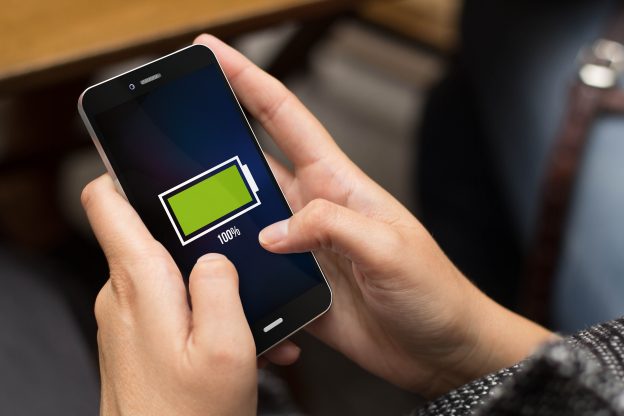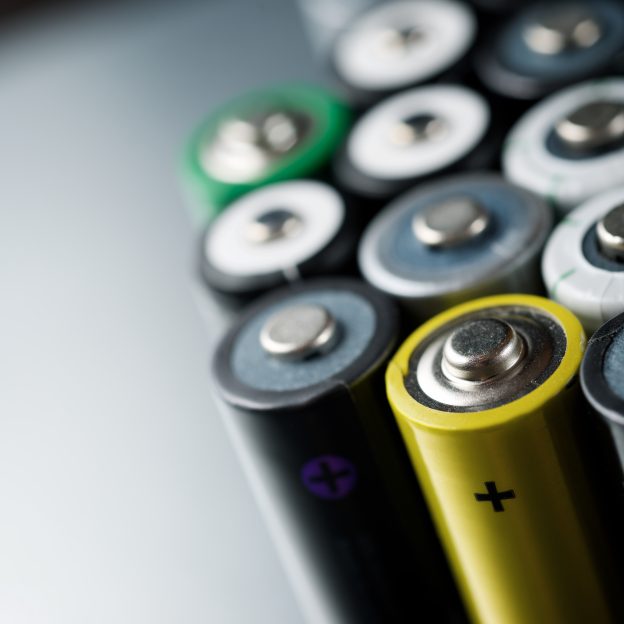
The relations with China and western countries have become increasingly “complex” in recent years, whether it is between Europe and China, or the China-US relations, and the disputes from multiple parties have crept into the power sector.
According to China’s strategic plan of <Made in China 2025>, power equipment and electric vehicles are two of the 10 fields that the country wishes to dominate in. China not only hopes to elevate the production level in the equipment of hydroelectricity, nuclear power, and gas, but also strives to achieve adequately in renewable energy, energy storage system, and smart grid transmission and distribution.
However, foreign media has pointed out that each country has started to emphasize on the supply chain for related technology of local energy transformation as China exhibits a competitive relationship with the US and the EU, as well as the frictions derived in other fields, including trade and human rights.
The conflict in solar energy between China and the US had started long time ago, such as Section 201 that imposes heavy tariffs on imported solar cells and modules starting from early 2018, and the joint letter composed by 11 senators from both the Democratic Party and the Republican Party in February 2019 that was addressed to the US Department of Homeland Security and the US Department of Energy, which pointed out that the grid-connected solar system will impact the security of power usage once attacked by hackers, and urged the government in prohibiting the use of Huawei-made solar inverters. The conflict has now spread to Europe.
China’s direct investment in Europe had declined by 50% in 2018 in contrast with the highest point in 2016, and the China Three Gorges Corporation (CTG) initially hoped to completely acquire the equities of Energia de Portugal (EDP) with EU€9 billion, which was boycotted by the shareholders meeting on April 24th. The acquisition would have to be approved by the executives of the EU and the countries (including the US) where EDP is located.
The European Commission announced at the end of August 2018 that the anti-dumping and anti-subsidy measures targeted at Chinese solar panels will not be extended after the expiration date of September 3rd. Stefan Reber, Managing Director and CTO of German solar material company NexWafe, expressed that the existing solar modules of Europe are dependent on the imports from China, and he wonders what will be the consequences should China suspend the provision of solar panels to Europe due to political factors.
In June 2020, EU antitrust regulators also urged to launch investigations towards Chinese enterprises that are substantially subsidized by the country and possess the intention in acquiring EU companies, believing that the subsidy policy of China has distorted the normal functioning of the market that has led to unfair competition, and proposed an expanded review range on foreign investment in order to avoid more acquisition of industries by potential Chinese buyers.
The specific relations in Chinese enterprises have impelled the trend of localization to spread to Europe and America. For instance, the 5G network infrastructures that the Government of the UK intended to establish alongside Huawei had been terminated in July 2020 due to the fear that the China-US relations may impact the supply chain and national security, and the Huawei 3G and 4G equipment previously installed may also be implicated.
Members of Parliament also urged to implement more safeguards against Chinese investment. Bernard Jenkin, MP of the Conservative Party, commented that the Government of China has established a fixed pattern that consists of stealing intellectual properties, conducting nuclear espionage, as well as lunching political interferences and targeted cyber-attacks on private enterprises.
However, the exacerbated relations between China the UK may create numerous difficulties for the Hinkley Point C NPP in Somerset, the Bradwell B, and the Sizewall C.
These 3 nuclear power plants that are currently in the midst of construction or under planning are related to the China General Nuclear Power Corporation, who holds over 60% of equities in Bradwell B, though these power plants and the subsequent planning require further observation as the relation between the UK and Chinas is no longer as close as it was back in 2015. According to the coverage of foreign media, Liu Xiaoming, Chinese Ambassador to the UK, had commented that Chinese enterprises do not rule out the possibilities in withdrawing major infrastructures from the UK, including the 3 nuclear power plants, and the construction of one high speed railway.
(Cover photo source: shutterstock)







